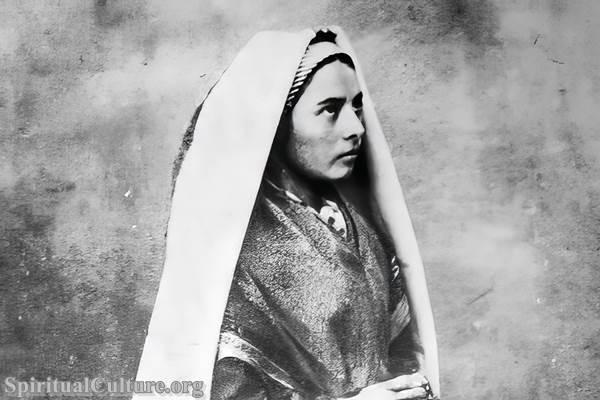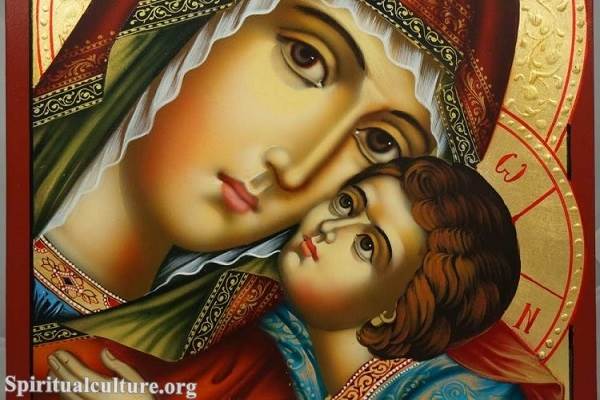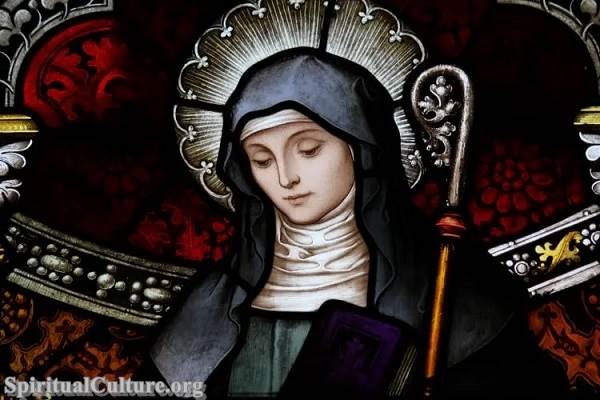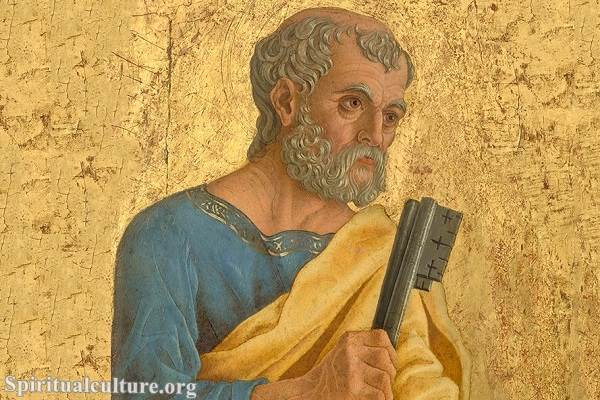Therese of Lisieux is known for her humility, simplicity, and trust in God; her life and teachings inspire millions worldwide. She, also known as The Little Flower of Jesus, is a beacon of hope and love in the Catholic faith.
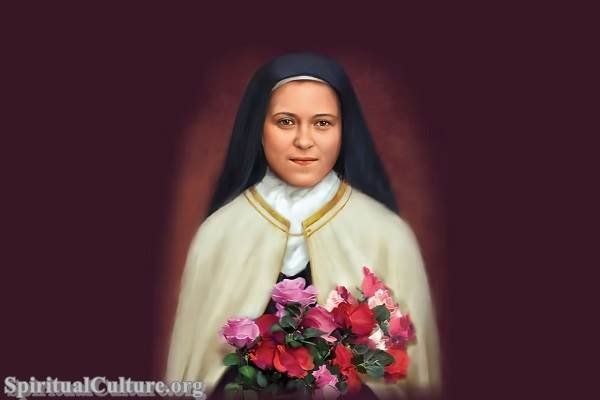
Saint Therese of Lisieux.
Saint Therese of Lisieux was born on January 2, 1873, in Alençon, France. At a young age, she felt a profound calling to religious life. Despite the initial resistance due to her young age, she eventually joined the Discalced Carmelites in Lisieux at the tender age of 15. Although short-lived, her life in the convent was remarkable for her extraordinary faith, love, and humility.
One of St Therese of Lisieux’s key teachings is her “little way” of spirituality. This simple yet profound path towards holiness involves doing ordinary things with extraordinary love. It is not the magnitude of our actions that matters but the love we put into them. This “little way” is a testament to the universal call to holiness in Catholicism, reminding us that everyone can attain sanctity regardless of their state in life.
Saint Therese of Lisieux also had a special devotion to the Child Jesus and the Holy Face. She saw in the face of Jesus the reflection of God’s infinite mercy and love. This devotion significantly influenced her spiritual life, leading her to a deeper understanding of God’s love and mercy and a profound desire to make God loved by all.
In Catholicism, Saint Therese of Lisieux is celebrated for her enduring faith amidst suffering. Diagnosed with tuberculosis, she experienced intense suffering in the final years of her life. Instead of despairing, she accepted her suffering with love and offered it up for the salvation of souls and the growth of the Church. Her faith in the face of suffering is a powerful testament to the redemptive value of suffering in Catholic teaching.
St Therese of Lisieux’s spirituality and teachings have had a profound impact on Catholicism. Her simple yet profound approach to holiness has made her a favorite among the faithful. She is often depicted holding roses, symbolizing her promise to spend her heaven doing good on earth and to let a shower of roses fall, representing graces obtained from God.
Saint Therese of Lisieux was canonized by Pope Pius XI in 1925, just 28 years after her death. In 1997, Pope John Paul II declared her a Doctor of the Church, a title given to saints recognized for their significant contribution to theology or doctrine. She is the youngest person and one of only four women to receive this honor.
The life and teachings of Therese of Lisieux are a testament to the power of faith, love, and humility. Her “little way” continues to inspire millions to embrace simplicity and love in their pursuit of holiness. Her unwavering faith in the face of suffering is a beacon of hope for those in pain. As such, Saint Therese of Lisieux remains a beloved figure in Catholicism, a testament to the enduring power of faith and love.
In conclusion, Saint Therese of Lisieux’s life and teachings continue to resonate with many Catholics today. Her “little way” of spirituality, her devotion to the Child Jesus and the Holy Face, and her enduring faith amidst suffering are a testament to her deep love for God and her profound understanding of Catholicism. She is indeed a beacon of hope and love, inspiring millions to embrace simplicity, love, and trust in their journey towards holiness.



